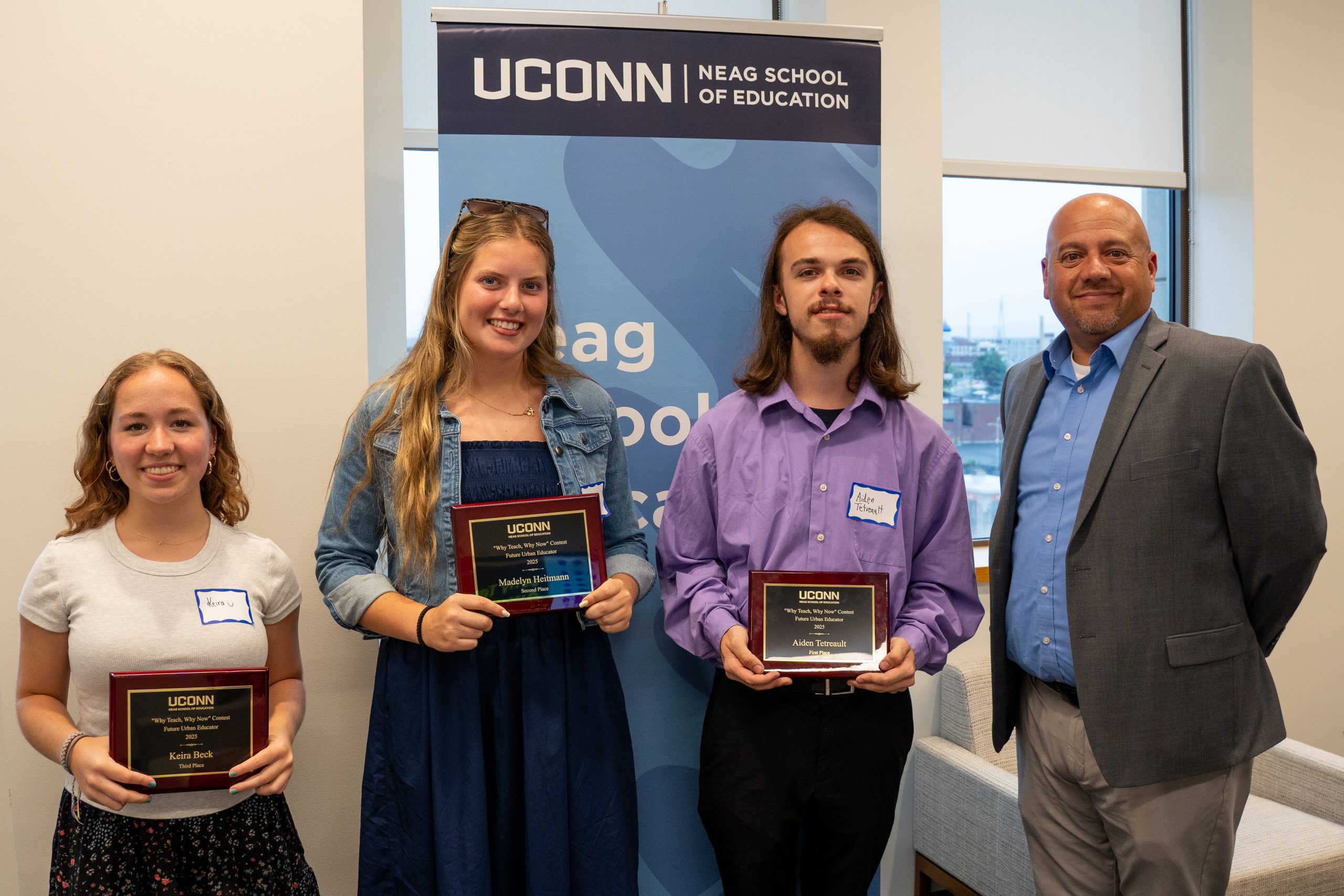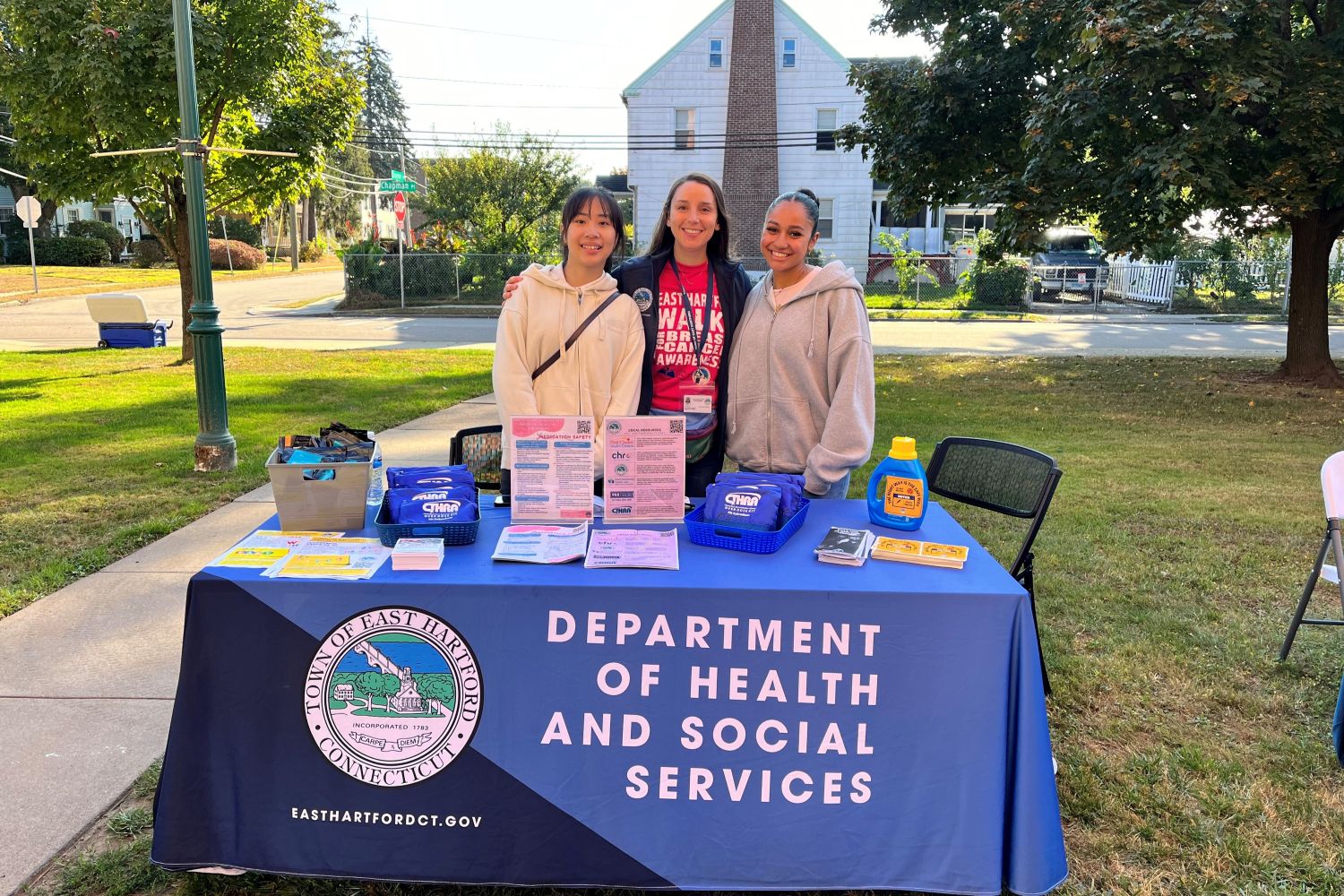
UConn researchers were well represented at the StemCONN 2011 conference held at the Farmington Marriott Hotel Tuesday.
The event, hosted by Connecticut United for Research Excellence (CURE), is a full-day scientific symposium highlighting the most recent discoveries in stem cell research. Now in its third year, the conference continues to attract well-known scientists from throughout the Northeast.
Gov. Dannel Malloy kicked-off the event by pledging his support for continued state stem cell funding, saying it will play a critical role in the state’s future economic success. “There is precious little that we won’t do to compete with Boston or San Diego or anywhere else in the world,” Malloy said.
Legislation passed in 2005 committed $100 million for stem cell research over 10 years. The initiative has helped support major scientific advances, state-of-the-art research facilities, and the creation of new jobs.
The commercialization of stem cells was the topic of a panel discussion that included Caroline Dealy, associate professor in the Health Center’s Department of Reconstructive Sciences and director of research for Chondrogenics Inc. The “Stem Cells for Profit” panel also included a representative from Big Pharma, an entrepreneurial company and venture capital firm.

Dealy talked about the importance of receiving state stem cell funding for her research. Dealy has developed a technique that converts human embryonic stem cells into cartilage cells. It could eventually lead to a therapeutic remedy to osteoarthritis, the degenerative disease caused by cartilage deterioration in joints that affects millions of people.
The panel discussed the challenges of receiving private funding because of the difficulties involved with stem cell research, which currently involves adult stem cells and human embryonic stem cells, as well as induced pluripotent stem (iPS) cells. The work is labor-intensive because it deals not with chemicals but with living tissue, and because it can take decades before a stem cell therapy goes from the lab to the market.
The panelists agreed that in order to get private funding, scientists needed to be further along in their research, have the data to back up their findings, and a clear business plan.
Other StemCONN speakers from the University included:
Gordon G. Carmichael, UConn Health Center
Professor, Department of Genetics and Medical Biology; and 2010 Osborn Biomedical Science Graduate Teaching Award Recipient
Topic: dsRNA and noncoding RNAs in human embryonic stem cells

David J. Goldhamer, UConn, Storrs
Associate Professor, Department of Molecular & Cell Biology; and Director, Center for Regenerative Biology
Topic: Skeletal muscle stem cells in regeneration and disease
Audrey R. Chapman, UConn Health Center
Joseph M. Healey Jr. Memorial Chair in Medical Humanities and Bioethics, Division of Public Health Law & Bioethics; Professor of Community Medicine and Healthcare
Topic: Current status of litigation related to federal funding of hESC research
Liisa Kuhn, UConn Health Center
Assistant Professor, Center for Biomaterials, Department of Reconstructive Sciences
Topic: Substantial mouse calvarial bone defect healing by human embryonic stem cells
Dr. Laijun Lai, UConn Health Center
Assistant Professor, Department of Immunology
Topic: Embryonic stem cell-derived thymic epithelial cell progenitors enhance T cell reconstitution after bone marrow transplantation


